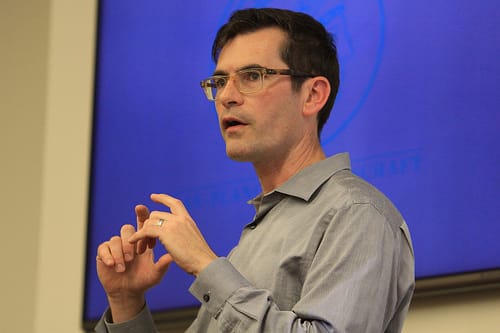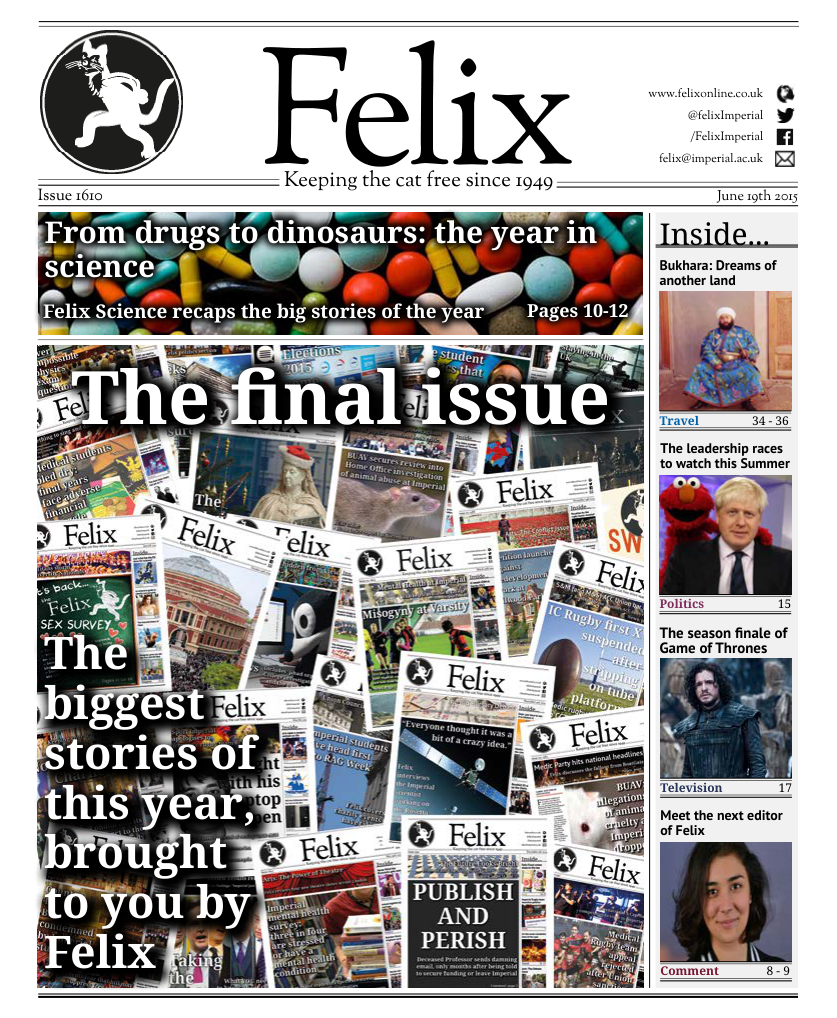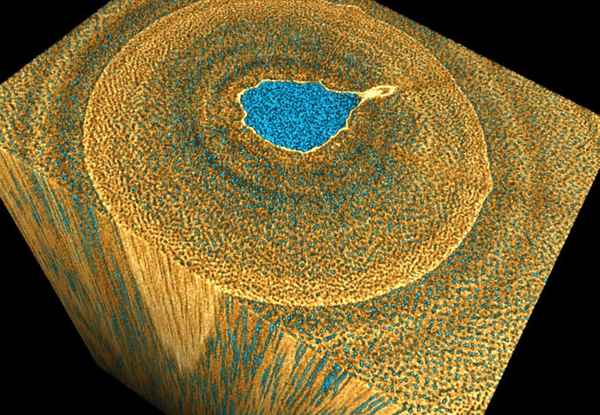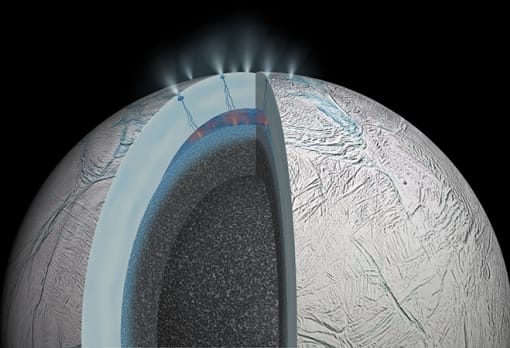Talking to physicist Brandon Brown, author of ‘Max Planck: Driven by Vision, Broken by War’
Joshua Renken interviews Brandon Brown about his new book and the state of science communication around the world

Brandon Brown has spent his career teaching Physics. Starting off as physics graduate from Rice University, Brandon got his PhD from Oregon State University and later attained a certificate in Science Communication at the University of Califronia, Santa Cruz. Now a professor at the University of San Francisco, Brandon’s research focus has shifted to sensory biophysics and high-temperature superconductivity. Research students at his laboratory have explored the electric and magnetic sensory abilities of a variety of creatures.
He has written a book about the life and work of Max Planck (1858-1947), the German theoretical physicist and 1918 Nobel Prize Laureate who is considered the father of quantum theory, that was published by Oxford University Press earlier this year. Brandon has spent most of his career working in the field of high-temperature superconductivity – an exciting theoretical area of physics that heavily relies on the quantum principles that Planck was first to propose.
I got in touch with Brandon to ask him about his new book and the state of science communication around the world.
Joshua Renken: What is it about Planck’s life and work that drew you to write Max Planck: Driven by Vision, Broken by War?
Brandon Brown: I first fell for Planck when I was an undergraduate student at Rice University in Houston. His little photo in our textbook looked unusually sad, and I was fascinated to find someone making a breakthrough in middle age versus the canonical age of about 23.
JR: Can you briefly describe what Max Planck is remembered for in the field of Physics?
BB: He's primarily known as the father of quantum theory, at the textbook level, for a breakthrough he had in 1900. But I think it would be fair to say he should be just as well known for his work in thermodynamics and for introducing us to so-called natural units. As for quantum theory itself, as the book sets out, it is not quite right to point to a "discovery" moment. It's always a more rich and complex story than that.
JR: How important do you think it is for scientists to learn about the history and people behind big breakthroughs?
BB: I think it's very important, but as a professor, I know too well how difficult it is to fit such stories into a curriculum, as we hardly have time to give students access to all the nuts and bolts as it stands. More than anything, stories about the process should be instructive to students of science. We actually don't move forward one magical breakthrough moment at a time. It's a very messy business that textbooks sanitize in order to make a subject more digestible.
JR: Why do you think it is that of all the great physicists in history, Einstein has achieved the most legendary status in the minds of people today? And how would you say Einstein and Planck differ in outlook and scientific approach?
BB: That's a huge couple of questions! To me, Einstein absolutely deserves his iconic reputation. One can make very valid arguments that his work merited 4-6 individual Nobel Prizes, (instead of just one), and he really seemed to function at a different level than his peers, in multiple areas of physics. That said, his reputation and legacy arguably benefitted from two things: (1) his theory of general relativity was verified in a dramatic fashion in 1919 at the dawn of global media, to a world starved for positive and transcendent news, and (2) he had ample time in the English-speaking world, especially versus someone like Planck.
In terms of how Planck and Einstein differed, I would instead want to emphasize what they had in common. They had incredibly different personalities but nearly identical scientific motivations and philosophies, in terms of holding sacred the existence of universal truths. That was probably the root of their friendship, in fact.
JR: Do you think the scientific community as a whole does enough to educate the public about their work?
BB: I would say yes. The information is out there and has been out there. Even my humble book isn't turning over many new stones -- maybe just a pebble or two, or turning a German pebble to an English one. The general public only has so much interest in the intricacies of physics. I thought Planck's story might give us a chance to sneak a little more physics to non-scientists, since Planck's incredible and tragic story transcends science in so many ways. How many stories have both Hitler and Einstein as major secondary characters?
JR: What areas of physics do you think we will see major advancements in over the next decade?
BB: Since I more of a wrenches and wires type of physicist, versus a theoretical shaman of physics, I'm the wrong person to ask. With all the new astrophysical data flooding our computers and with the LHC going again, we can ideally get back into some very fundamental questions.
JR: What are you currently working on at the University of San Francisco?
BB: I was immersed for many years in a new science building, of all things. I've emerged from that into this book project, and I hope to pursue another book or two.
The Hardcover ‘Max Planck: Driven by Vision, Broken by War’ will be released on Amazon in the UK on July 23rd. You can pre-order today.







